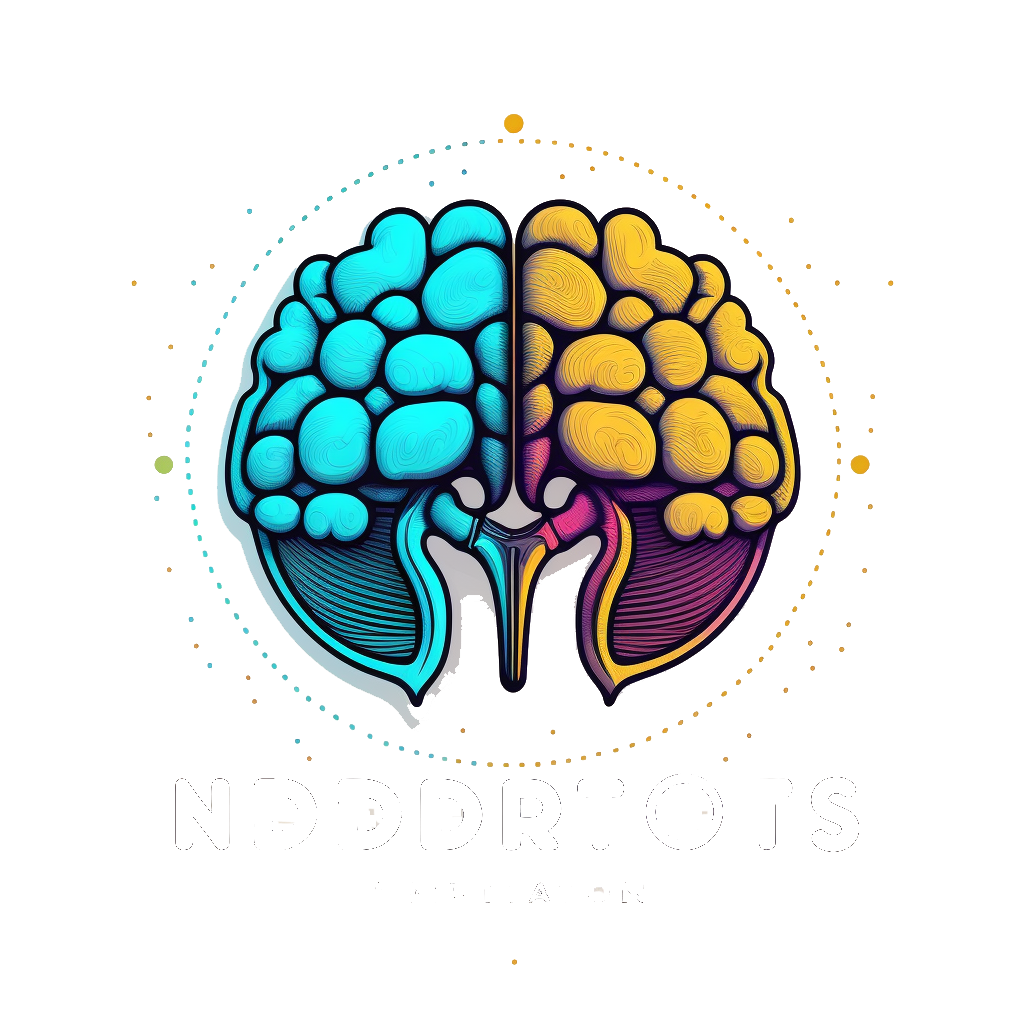In the quest for mental clarity, focus, and enhanced cognitive performance, many have turned to the world of nootropics. These cognitive enhancers, sometimes referred to as “smart drugs” or “brain boosters,” are substances that have gained popularity for their potential to improve brain function. One such natural nootropic that has been capturing attention for its cognitive benefits is Rhodiola Rosea.
Rhodiola Rosea: Nature’s Stress-Busting Nootropic
Rhodiola Rosea, often called the “Golden Root” or “Arctic Root,” is a herbaceous plant native to the mountainous regions of Europe, Asia, and North America. It has a long history of use in traditional medicine, particularly in Russia and Scandinavia, where it was employed to combat stress, fatigue, and various ailments.
In recent years, Rhodiola Rosea has gained recognition in the world of nootropics for its potential to boost cognitive function and alleviate stress, making it a valuable addition to the toolkit of those seeking improved mental performance.
The Mechanism of Rhodiola Rosea as a Nootropic
Rhodiola Rosea’s nootropic effects are attributed to its ability to modulate the body’s stress response. Here’s how it works:
Stress Reduction: Rhodiola Rosea is classified as an adaptogen, which means it helps the body adapt to stressors. It regulates the release of stress hormones like cortisol, reducing the negative impact of chronic stress on cognitive function.
Enhanced Mental Clarity: By mitigating the effects of stress, Rhodiola Rosea can promote mental clarity and focus. Users often report improved concentration, making it an excellent choice for tasks requiring sustained attention.
Reduced Fatigue: Rhodiola Rosea may combat mental and physical fatigue, helping individuals stay alert and energized throughout the day. This is particularly beneficial for those experiencing stress-induced tiredness.
Neuroprotection: Some research suggests that Rhodiola Rosea may have neuroprotective properties, shielding brain cells from oxidative damage and supporting overall brain health.
How to Incorporate Rhodiola Rosea into Your Nootropic Stack
If you’re considering using Rhodiola Rosea as a nootropic, here are some practical tips:
Dosage: The recommended dosage varies but typically falls within the range of 200 to 600 milligrams per day. Start with a lower dose and gradually increase it to assess your body’s response.
Timing: It’s often advised to take Rhodiola Rosea in the morning to benefit from increased alertness throughout the day. However, some people prefer to split the dose, taking it both in the morning and early afternoon.
Stacking: Rhodiola Rosea can be combined with other nootropics to create a customized cognitive enhancement stack. It pairs well with L-Theanine, Ginkgo Biloba, and Bacopa Monnieri, among others.
Consistency: Like many nootropics, Rhodiola Rosea may require consistent use to experience its full benefits. It’s not a one-time solution but rather a tool for long-term cognitive support.
The Bottom Line
Rhodiola Rosea is a natural nootropic that holds promise for those seeking improved cognitive function, reduced stress, and enhanced mental clarity. While its effects may vary from person to person, many users have reported positive outcomes when incorporating it into their daily routines. As with any supplement, it’s essential to consult with a healthcare professional before starting Rhodiola Rosea, especially if you have underlying health conditions or are taking other medications.
In a world where mental agility and resilience are highly prized, Rhodiola Rosea stands as a valuable ally on the path to enhanced cognitive performance and well-being. Whether you’re a student, a professional, or anyone looking to boost mental clarity and reduce stress, this natural nootropic has the potential to be a game-changer in your journey towards a sharper mind.
